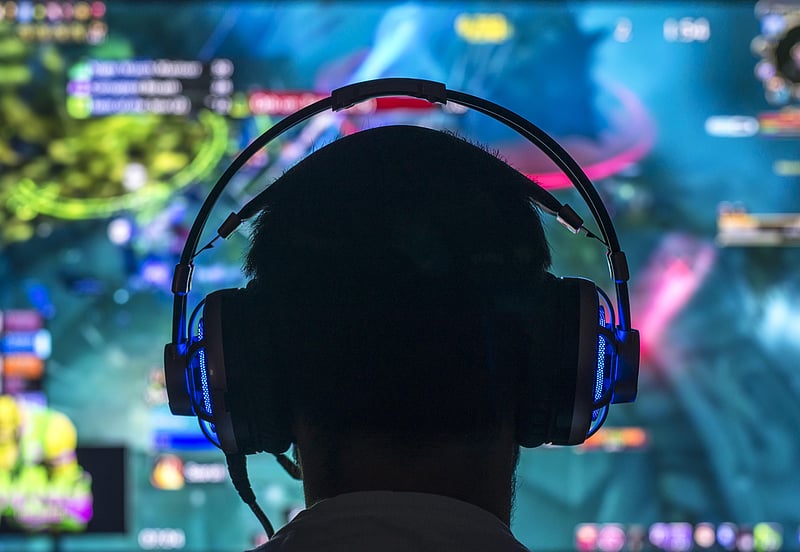Get Healthy!

- Robert Preidt
- Posted December 16, 2021
Junk Food Ads Reaching Kids Through Livestream Gaming Platforms
Children and teens who use livestreaming gaming platforms may be bombarded with influencer-endorsed ads for energy drinks, junk food and alcohol, new research shows.
"This type of marketing can normalize high-fat, high-sugar and high-sodium foods at a time in young viewers' lives when they're developing eating habits that are going to follow them into adulthood," said Caitlyn Edwards, a postdoctoral scholar of nutritional sciences at Penn State University.
"We saw an increase, for example, in alcohol branding, which could normalize the idea that alcohol consumption needs to be a regular thing in a viewership that is still underage," Edwards warned in a school news release.
Livestreaming platforms like Twitch, Facebook Gaming and YouTube Gaming are relatively new but already extremely popular. For example, Twitch says more than 30 million people engage on its platform each day. Almost a quarter of accounts on the Twitch platform belong to people ages 13-17.
On these platforms, users can watch and communicate with gamers as they play video games in real time, as well as chat with other viewers. Once gamers get large enough followings, they may be asked by companies to promote their products as part of a sponsorship.
In this study, Edwards and her colleagues looked at more than 300 food and beverage products with high rates of marketing on social media platforms. The products were divided into six categories: alcohol, candy, energy drinks, processed snacks, soda and restaurants.
Energy drinks accounted for the vast majority (74%) of products advertised, followed by ads for restaurants, soda, processed snacks, alcohol and candy.
What's more, these ads increased substantially during the COVID-19 pandemic, according to the study. The results were recently published in the journal Public Health Nutrition.
"When an influencer is promoting a product, there's interaction happening between the influencer and their viewers that isn't there with traditional print or visual ads," said Travis Masterson, director of the Health, Ingestive Behavior, and Technology Lab at Penn State.
"Because viewers feel like they have a relationship with the influencers, they may be more willing to buy these products as a way to help their influencers succeed and make money from these sponsorships," Masterson said in the release.
The study findings show it's important for parents to know what their children are being exposed to on livestreaming platforms like Twitch, as well as the possible need for regulation, according to the researchers.
"Regulation of food marketing in the U.S. is essentially nonexistent and tends to lag far behind new forms of technology and media," Masterson said. "But it's something that could be considered, especially since there's a high number of young viewers on these platforms and prior research has found that food ad exposure among youth can affect changes in consumption."
More information
The American Academy of Family Physicians has more on energy drinks.
SOURCE: Penn State University, news release, Dec. 13, 2021







